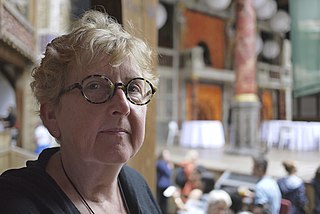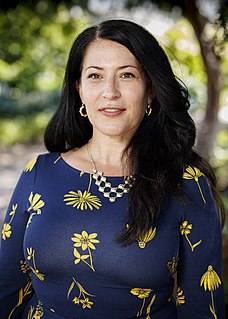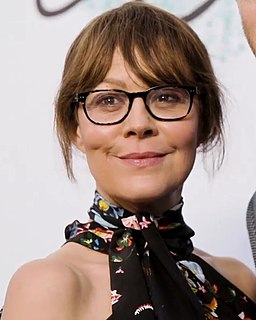A Quote by Cate Marvin
I have no precise idea of who makes up my readership. I'm surprised when I discover people have read my poems at all.
Related Quotes
Precise, graceful, and generous, the poems in SuperLoop, seem to be born out of a deep, careful attention and a profound compassion. Sometimes the quiet observer, sometimes the kid in the center of the messed-up carnival, these poems are the fireflies you’ve missed all winter, the longed-for return of the bees. Unaffected and inherently hopeful, Callihan’s work is as merciful as it is moving.
I read everything. I'll read a John Grisham novel, I'll sit and read a whole book of poems by Maya Angelou, or I'll just read some Mary Oliver - this is a book that was given to me for Christmas. No particular genre. And I read in French, and I read in German, and I read in English. I love to see how other people use language.
When Emily Dickinson's poems were published in the 1890s, they were a best-seller; the first book of her poems went through eleven editions of a print run of about 400. So the first print run out of Boston for a first book of poems was 400 for a country that had fifty million people in it. Now a first print run for a first book is maybe 2,000? So that's a five-time increase in the expectation of readership. Probably the audience is almost exactly the same size as it was in 1900, if you just took that one example.
If I'm still wistful about On the Road, I look on the rest of the Kerouac oeuvre--the poems, the poems!--in horror. Read Satori in Paris lately? But if I had never read Jack Kerouac's horrendous poems, I never would have had the guts to write horrendous poems myself. I never would have signed up for Mrs. Safford's poetry class the spring of junior year, which led me to poetry readings, which introduced me to bad red wine, and after that it's all just one big blurry condemned path to journalism and San Francisco.
A lot of people who want to see the short story have a renaissance of readership - they tend to think of short stories, and sometimes poems too, as being well-suited to the way we now live, with all of these broken-up bits of time. I hope they're right, but my sense is that our fiction reading has become, if anything, more cherished as a kind of escape from fragmentation.







































